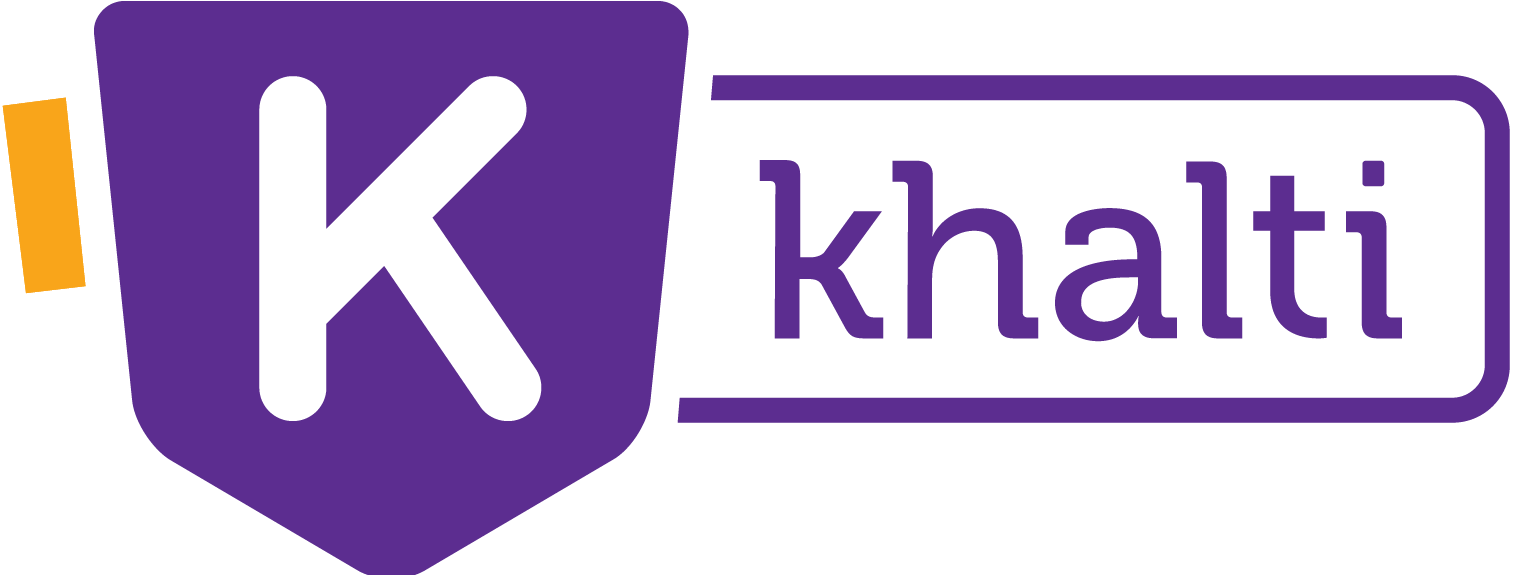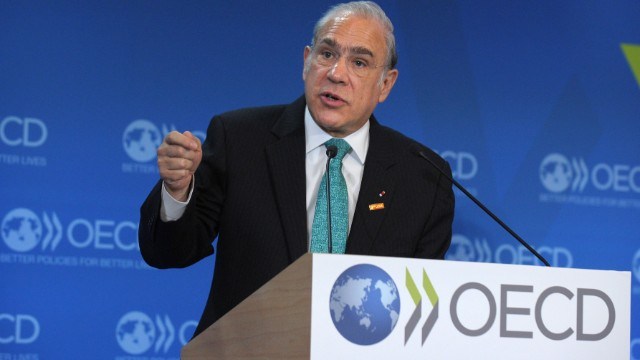Financial literacy is an essential life skill. It lays the groundwork for many important, life-changing decisions, whether it’s evaluating a job contract, purchasing a first home, or managing retirement savings. It is also a key tool to address inequality.
What do reports show?
- PISA 2015 data shows that 15-year-old students with high proficiency in financial literacy are more likely than those with low proficiency to be oriented towards saving, to expect to complete a university education and to work in a high-skilled occupation.
- The report released in 2017 on Adult Financial Literacy in G20 Countries shows that financial literacy is critical for managing the opportunities and risks of rapid financial digitization.
- OECD’s PISA 2015 Results on Financial Literacy found that in China, for example, in the provinces of Beijing, Shanghai, Jiangsu, and Guangdong, one in three students performed at the highest level in financial literacy, compared to the average of one in ten.
We need to understand better the relationship between financial literacy and financial stability. Widespread over-reliance on credit, high household indebtedness, a lack of understanding of the implications of changes in economic policy, and a tendency to “follow the herd” are some of the issues that can lead to significant financial and economic difficulties.
Currently, socioeconomically disadvantaged students are about twice as likely as advantaged students to be low performers on average in the PISA 2015 financial literacy survey. We need to ensure that nobody — no group, no society — is left behind.
We need to reflect on policies to support citizens in the new digital financial environment.
Financial literacy has traditionally been part of common wisdom: parents taught their children that “a penny saved is a penny earned” and that “money doesn’t grow on trees”. These proverbs remain wise, but financial literacy is also about a lot more than that, it’s necessary to understand online banking, compound interest, loans and mortgage conditions, retirement and investment options as well as job offers.
You cannot thrive in this world without sound financial literacy. So, it is our job is to ensure that no one is left behind, and everyone, regardless of age, nationality, or socioeconomic status is given the opportunity to acquire and develop these skills.
Let’s move forward today, together. Let’s design, develop and deliver better financial literacy policies for better lives.
-Ángel Gurría
This is an edited excerpt of Keynote Speech delivered by OECD Secretary-General, Mr. Gurría on the occasion of ‘5th Global Policy Research Symposium to Advance Financial Literacy’ held on 18 May 2018 in Paris. The symposium also marked the 10th anniversary of the creation of the OECD International Network on Financial Education (OECD/INFE).




